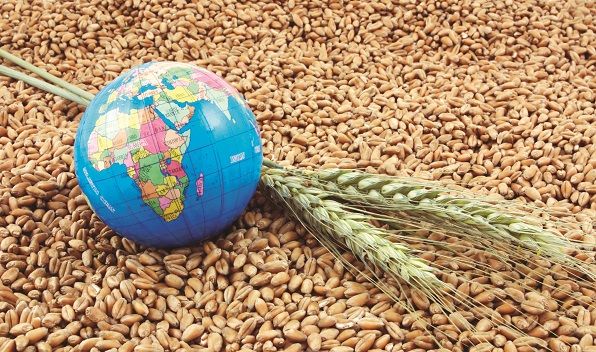While COVID-19 has had a markedly negative impact on many facets of society, most notably within the global public health system, one positive byproduct that is here to stay is the cultural shifts in food preferences. Consumers are paying closer attention to the food they are buying and how it impacts them and their environment, which has made investment in sustainable food solutions a very attractive portfolio option.
The virus has given rise to many questions and concerns about how to ensure that our food supply chain is secure. In the U.S., meat production facilities suffered from a safety and personnel standpoint as a result of the pandemic, leading the overall meat supply chain to suffer enormously.
The world’s total meat production this year is forecast to fall 1.7% from last year, according to the United Nations’ recent Food Outlook report, which is also due in part to other challenges such as animal diseases and droughts. On the other hand, while alternative sources of protein, like plant-based meat, were growing in popularity even before the COVID-19 pandemic, consumer dietary shifts have accelerated during this time. According to data from market research company Mintel, 25% of young millennials surveyed in Britain find vegan diets more appealing since the start of the pandemic.
Plant-based meats are poised to take a big slice of the market share, with a 35% jump in sales. There is also an increasing awareness for these alternative foods, which has led industry disruptors like Impossible Foods to hire more staff to meet demands. According to data from market research company IRI published by the Good Food Institute, fresh plant-based meat experienced 454 % sales growth at the end of March (when demand peaked) in comparison to the same period last year, with sustained growth through June. Beyond the grocery store, even restaurants and coffeehouses like Starbucks have begun adding plant-based items to their menus, bringing in new customers and increasing average spend.
Meanwhile, some experts are even turning to algae, which grows 10 times faster than terrestrial plants, doesn’t require fresh water and provides more iron than beef. Algae production is even being used as a sustainable source of omega for farm salmon. The market for algae is expected to reach $5.2 billion by 2023 and has the potential to become a major source of the world’s protein.
So, why the shifts now?
Even before the pandemic, some consumers were opting for a plant-based burger over a Big Mac. In recent years, there has been increasing attention on ethical food consumption coupled with a desire to follow a more environmentally friendly diet. In order to meet the growing demand in this space, alternative sources of protein must be not only be available, but also affordable for the average consumer. However, the spike in sales of this food segment is only one piece of the story. COVID-19 has altered the supply chain in significant ways, including the introduction of personal protective equipment and learning to deal with sudden spikes in demand. This has created a clearer path toward more sustainable food practices, which is clearly a boon for companies in this market and represents a major opportunity for investors who are looking to take advantage of the growth.
Going forward, businesses that can support cleaner, more efficient protein production will benefit from this structural shift caused by the pandemic. In time, more businesses will hop on the bandwagon, creating a larger market share and more choices for consumers. And it’s not just for consumers who have chosen vegetarianism or veganism. There is a huge market opportunity among non-vegetarians who wish to consume less meat, and businesses that are able to provide more sustainable food solutions will emerge as winners.
In a recent article, the UN Environment Programme advocated for a more sustainable food system after the pandemic ends, citing the need for more resilient supply chains, healthier diets, regenerative farming and conservation. If we want to capitalize upon fruitful investment opportunities that lie within food, we must do so while also helping to make our planet a better, healthier and more sustainable place to live.
Amanda O’Toole is senior portfolio manager at AXA Investment Managers.








